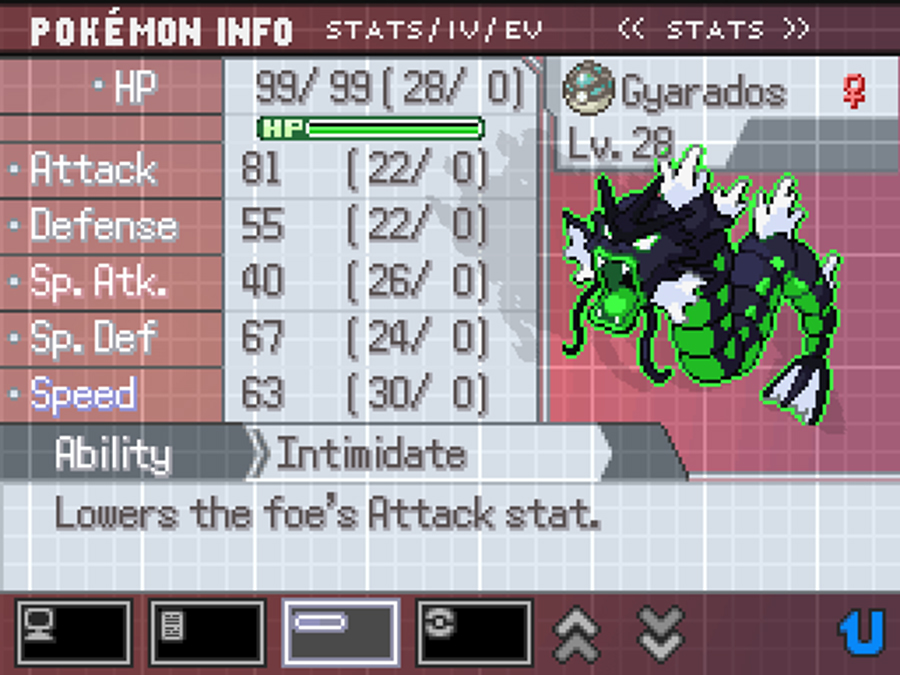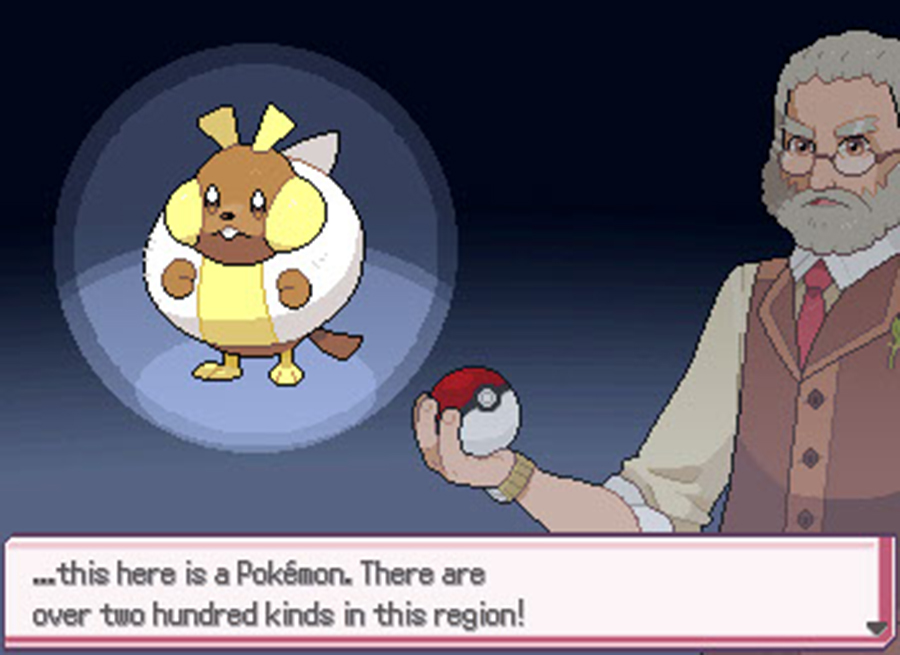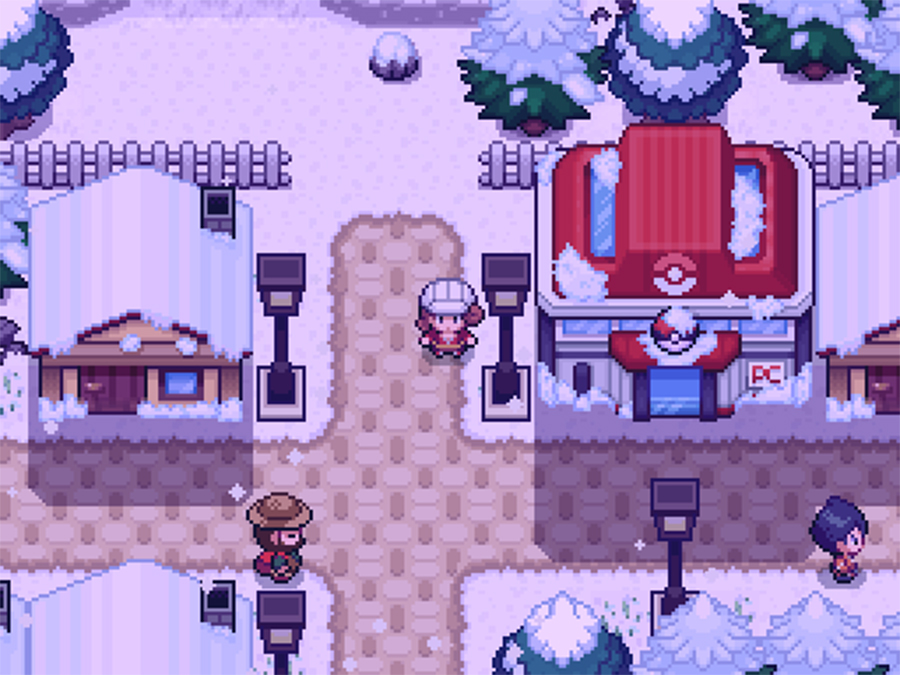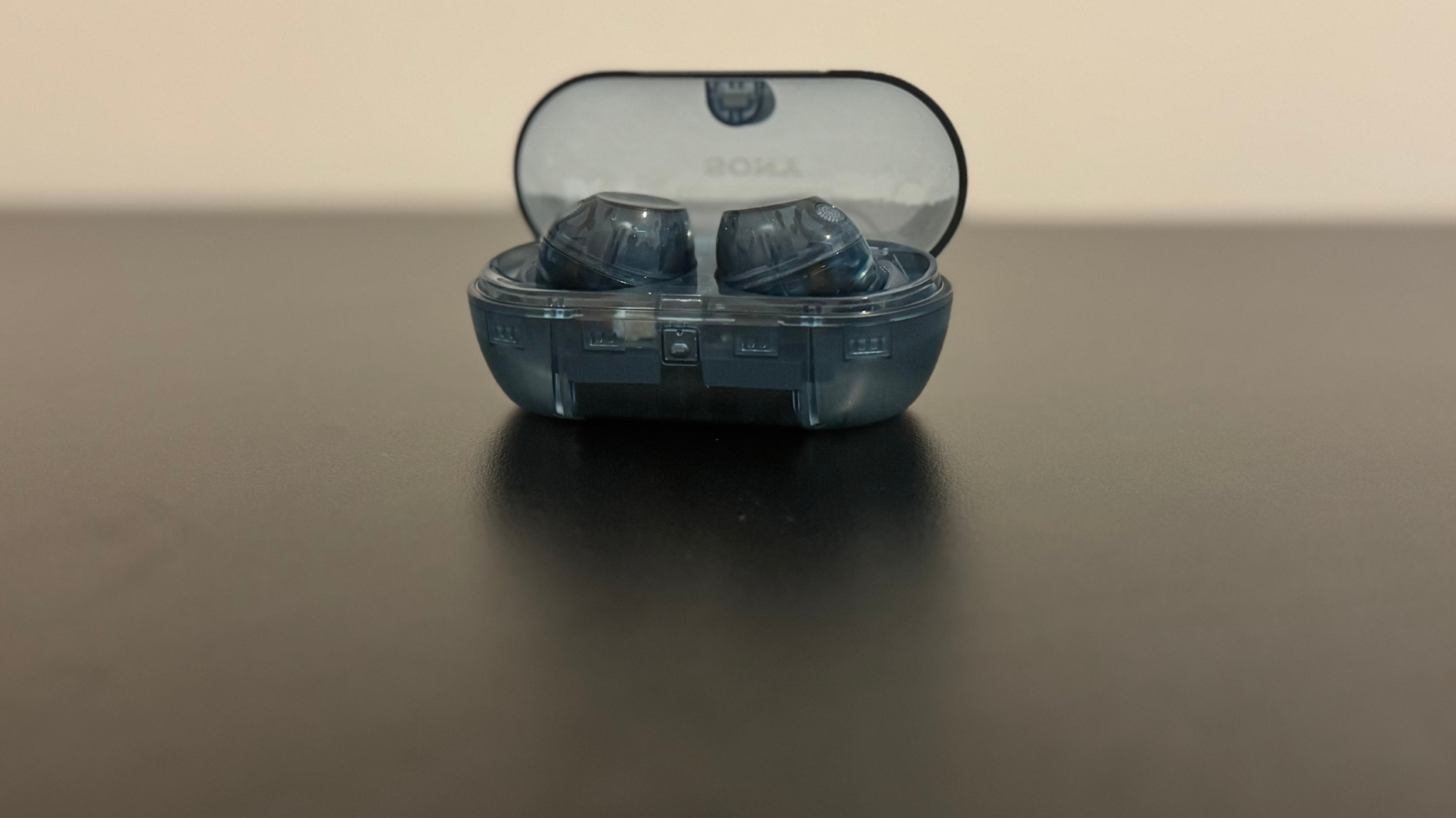How Pokémon Uranium and a community of amateur developers is walking the line between love and theft
What happens when you adore something so much you can't help but steal from it?

Fan fiction, the sincerest form of thievery
While Involuntary Twitch's statement is certainly idealistic, the simple fact is that games like Pokémon Uranium are undoubtedly using property that isn't theirs. But these games also sit in an awkward place between being a homage to Pokémon and a product that by its existence risks harming the brand they claim to love.
You might think that the response from Nintendo feels unwarranted given the fact that Pokémon Uranium is free, obviously inferior to the latest Pokémon games, and that 1.5 million downloads still only represents a fraction of the average sales of a Pokémon game, but you'd be wrong. Lawyer Ryan Morrison told Wes in our feature about the catch-22 of fan games that "you can still be causing harm in the marketplace by just existing. Why would I buy someone's product when I can get a free version instead? Then it causes actual harm to that product line if the free product is substantially inferior. People own their intellectual property, and you are not allowed to do whatever you want with it under the guise of 'we aren't charging.'"
For Evan Starr, the developer of Pokémon Ethereal Gates, another fan made game that features an entirely original cast of Pokémon, that fact is undeniable. "We certainly are leeching off of Nintendo," he says. "Even just in the general sense of who's going to be playing Ethereal Gates—It's going to be the Pokémon fan base. If I were to make a game that's not Pokémon but just a basic monster-catching game that didn't have that name, the Pokémon YouTubers that ended up playing Ethereal Gates and spreading it wouldn't have done that."

That response is honestly surprising to me. It's hard to rationalize why someone would invest so much time into building a game using intellectual property they don't own—that they're not ignorant to the legal reality surrounding what they do. But it's just the opposite. Passion and idealism aside, everyone I spoke with was well aware of what they were risking and had made peace with the fact that tomorrow a notice from a lawyer could wipe it all away.
We're just trying to share through the way we know best as creators. This is just a reaction to our love for Pokémon, and I hope that they can respect us as fans.
For Ethereal Gates, which is almost Pokémon in name only, I had to know why Starr felt compelled that risk was worth it. "To us, it's not about that. We set out to make a Pokémon game," Starr says. "We really like this as a love letter to the fans of Pokémon saying 'this was the feeling we first got playing Pokémon and we want to give that back to you.' To not call it Pokémon would be a disservice to that."
Phoenix Rising creator Marshall agrees. "We are creating a very intricate piece of fan art,” he says. “We are not out to create something that rivals Nintendo in any way. Whoever owns the rights to what you're creating always have the right to say 'nope, this should not be in the public eye.' We're always aware of that risk at all times, but we're not creating a fan game and thinking about the fact that it could fail, we're creating a fan game and thinking that it could succeed and people can enjoy it."
There's a weird sort of tension that exists, however, between the desire to have a fan game enjoyed by other people while also skirting under the radar of the company you're stealing from. For everyone I spoke with, that typically means a reserved social media presence. But when the masses are hungry for more Pokémon and your fan game just so happens to release at the right time, there's little you can do.
Keep up to date with the most important stories and the best deals, as picked by the PC Gamer team.

"We didn't plan for our game to come out after Pokémon GO when Pokémon was at its peak of popularity," Involuntary Twitch says. "People are thirsty for the next big thing and suddenly we drop our game and it's an entire game—most fan games are only partially complete."
And yet, even with the DMCA takedowns, Involuntary Twitch can only feel thankful to Nintendo. When the company could have easily gone for the jugular and filed cease and desist orders and sue them (as many rumors suggested they had), the DMCA takedowns actually represent a restrained response. "Nintendo has been incredibly merciful," she says before adding that she hopes it stays that way. "Chilly disinterest is the best possible response we could get from Nintendo. But if Nintendo can realize that we're not out to damage their intellectual property, we're not trying to make money off of Pokémon—we're just trying to share through the way we know best as creators. This is just a reaction to our love for Pokémon, and I hope that they can respect us as fans."
That chilly disinterest is little comfort for a community that has spent the better part of a decade building golden idols to their favorite childhood memories. Right now, the fan game community and Nintendo seem to be locked in a tense dance with Uranium's explosion of popularity—an awkward misstep that could bring an end to an era of willful ignorance by Nintendo. While the legal system demands that Nintendo defend its properties, it's now facing the terrible reality that doing so also means potentially harming some of its most passionate fans, people who just want to explore a little further.
As Satoshi Tajiri, the creator of Pokémon, once said in an interview with Time: "When you're a kid and get your first bike, you want to go somewhere you've never been before. That's like Pokémon. Everybody shares the same experience, but everybody wants to take it someplace else..."
With over 7 years of experience with in-depth feature reporting, Steven's mission is to chronicle the fascinating ways that games intersect our lives. Whether it's colossal in-game wars in an MMO, or long-haul truckers who turn to games to protect them from the loneliness of the open road, Steven tries to unearth PC gaming's greatest untold stories. His love of PC gaming started extremely early. Without money to spend, he spent an entire day watching the progress bar on a 25mb download of the Heroes of Might and Magic 2 demo that he then played for at least a hundred hours. It was a good demo.


